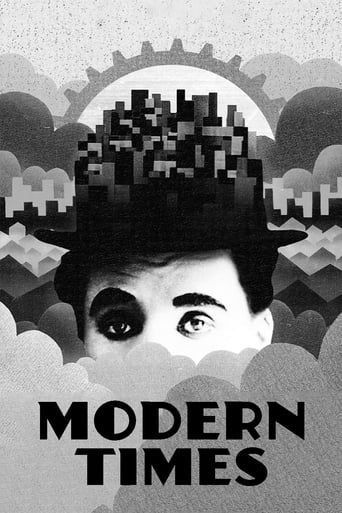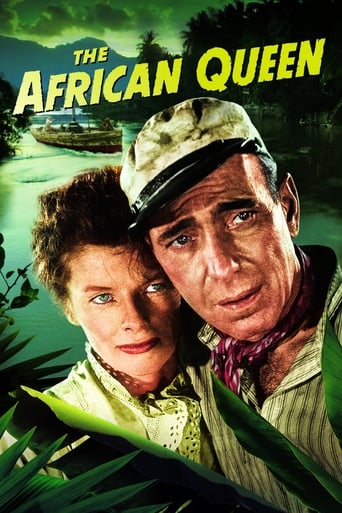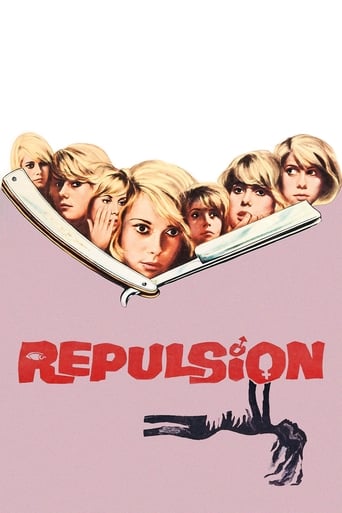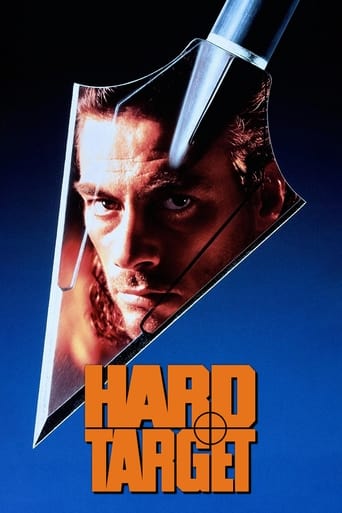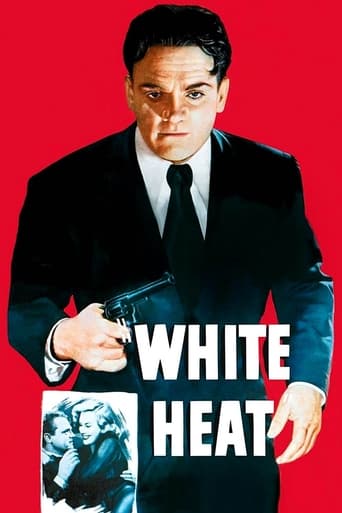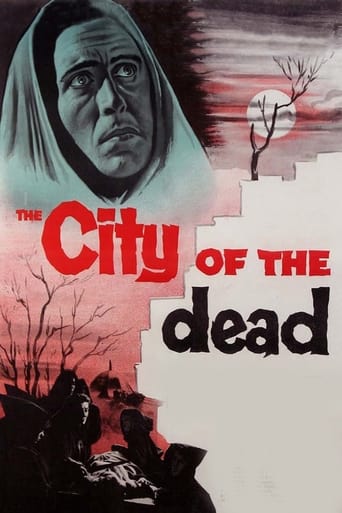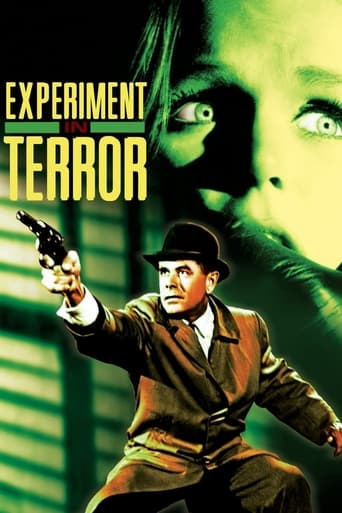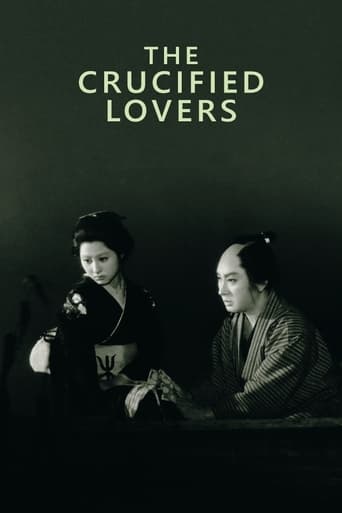


The Crucified Lovers
In 17th century Kyoto, Osan is married to Ishun, a wealthy miserly scroll-maker. When Osan is falsely accused of having an affair with the best worker, Mohei, the pair flee the city and declare their love for each other. Ishun orders his men to find them, and separate them to avoid public humiliation.
-
- Cast:
- Kazuo Hasegawa , Kyōko Kagawa , Eitarō Shindō , Eitarō Ozawa , Yôko Minamida , Haruo Tanaka , Chieko Naniwa


Similar titles
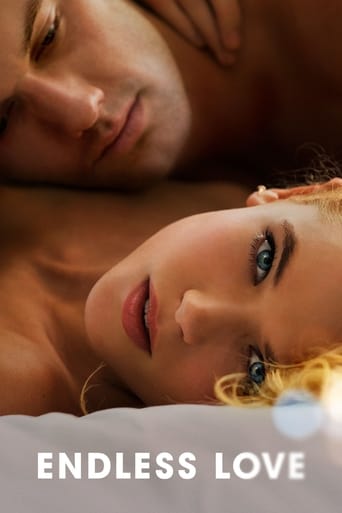
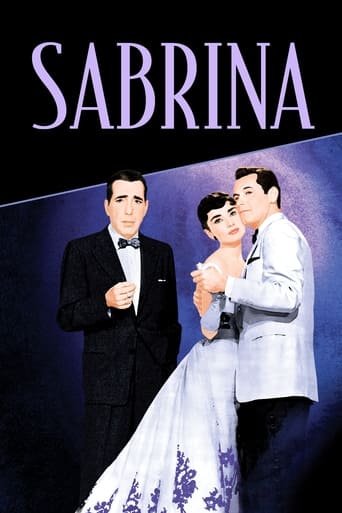
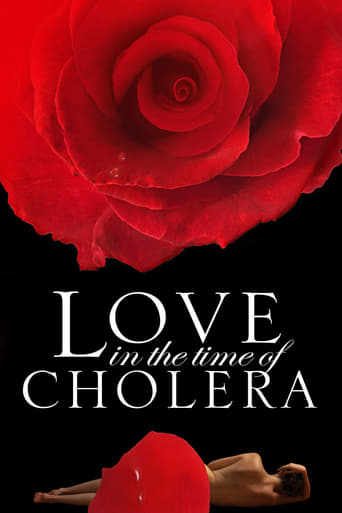
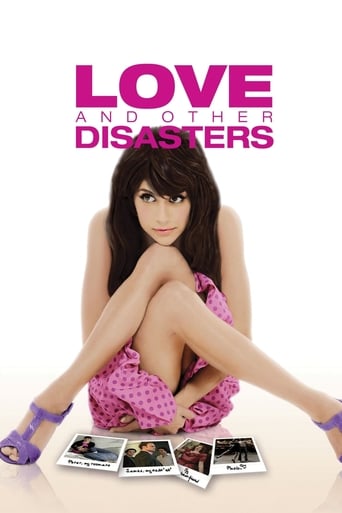
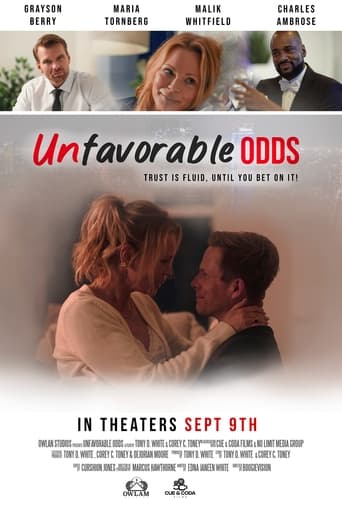
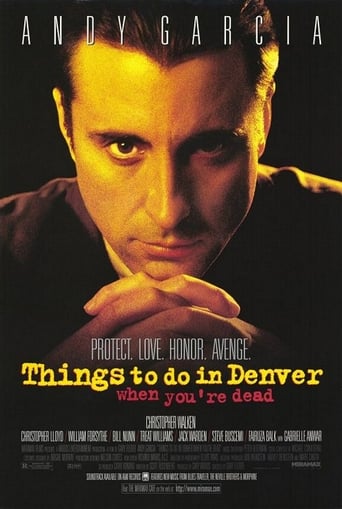
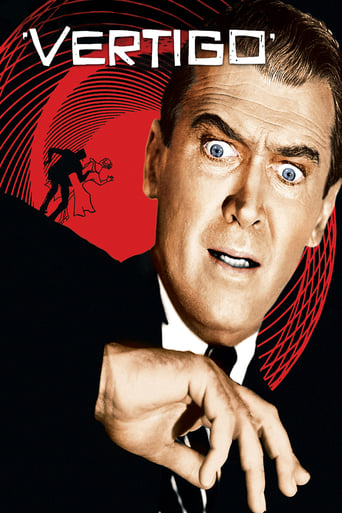
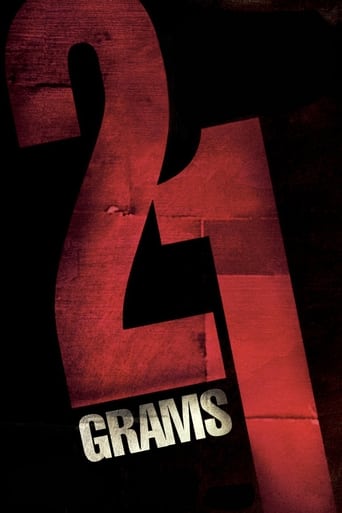

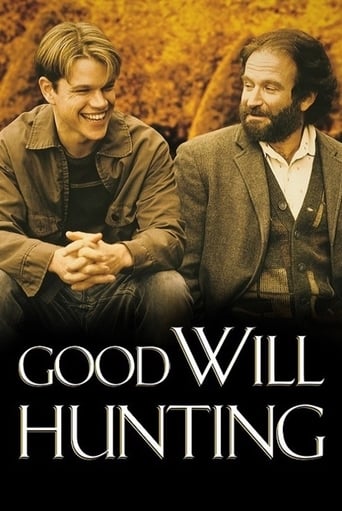
Reviews
Best movie of this year hands down!
Very good movie overall, highly recommended. Most of the negative reviews don't have any merit and are all pollitically based. Give this movie a chance at least, and it might give you a different perspective.
Through painfully honest and emotional moments, the movie becomes irresistibly relatable
One of the most extraordinary films you will see this year. Take that as you want.
Mizoguchi's "classy" compositions, living tableaux and indiscernible camera movements shape the contrivances of the story into a solemn criticism of social conventions proliferating hypocrisy and greed. By juxtaposing the most definitive shot-crucified lovers in twilight-with the final proud parade, he avoids the fashionable misery/martyrdom obsession of theses days, so important for a story this tragic and brimming with human cruelty. But what makes this film truly memorable is the unexpected and genuine passion between the two main actors/characters when they decide to live, breaking through the reserved mise-en-scène.Oh, How delirious Mohei kisses Osan's sore calf and holds her tight! It's awesome!
An adult tragedy of two pursued lovers during Japan's feudal period. It was a rigid society divided by class and gender. Mohei, a talented and decent scroll maker with a promising future, belongs to the servant class. A relatively minor infraction on his part is turned into a major offense by his nasty employer, and when the Master throws Mohei out and has charges brought against him, the Master's wife happens to discover that the Master has been having "illicit adulterous affairs" on the side.The punishment is literal crucifixion for Mohai, so the Master's wife helps him escape and runs away with him. The unyielding Master Scrollmaker sics the authorities on both of them. The wife is on the verge of suicide, but recovers her desire to live when she discovers that she and Mohai have secretly loved each other for years. She willingly joins Mohai in their journey up hill and down dale and for this she too is charged and faces crucifixion.It's a story for grown up sensibilities because the emotional bonds involved -- not just between the pair of illicit lovers but their friends and relatives -- are intricate. The parents don't want them around because if they're caught hiding the fugitives, they face the same punishment. Everyone is ready to squeal on them because what the lovers are doing is "against the law." The performances are adequate once you accept and get past the Japanese filigrees. The fugitive couple are both fine but some of the supporting players are reaching for the stars.I won't spell out the bittersweet ending. The movie itself is worth catching, filled with tension, intrigue, and action.
This is adapted from a work by Chikamatsu Monzaemon, one of the defining writers from the early Tokugawa era. His name often reaches us in the contours of a Japanese Shakespeare and as usually with these Western imports to explain Eastern art, it is mostly a lazy comparison. Unlike Shakespeare who continues to inspire a steady flow of film, Chikamatsu's name has been largely neglected however; there is this, and films by Uchida, Shinoda, and Yasuzo Masumura, 'shunji'/double-suicide stories that were Chikamatsu's forte, each enlivened in its own way by the intensity of vibrant artifice and a story of forbidden passions cleansed by death.So film-wise, the heart of these things has been extrapolated from where centuries of concentrated practice refined them, in the stages of kabuki or bunraku, both of which featured elaborate contraptions for generating illusions. The stage having been set, it was all a matter of achieving a cinematic mobility around it. Shinoda made the most clever simple use of that stage in Double Suicide; he was essentially filming what domestic audiences had enjoyed for centuries on the stage of bunraku as part of unbroken tradition, but trusting our eye to be naturally dislocated the right distance to absorb this as a puzzling modernity. It is not unlike what has happened with Mizoguchi; a visual purity from tradition dislocated, thus obscured, through Western interpretations.But let's backtrack a little. We know that Chikamatsu abandoned kabuki for the puppet theater of bunraku, an author's theater, with pliable actors held on strings and the gods that move the world made visible. There he worked in favour of better integrated audience manipulation, in favour of an idealized realism sprung from the author's mind.So here we have a film about a scroll-maker, himself an artist charged with cultivating idealized images, fighting against the idealized reality he has helped cultivate in a quest for the true love he had all his life sublimated into perfect service.It is very similar to Oharu in this way; the film structured around the tension that rises from characters performing idealized roles and the tortured heart that gives rise to them. There is a master printer who cultivates the image of the noble benefactor but who is a cruel deceiving scumbag. Nobles who act magnanimous in the open but then use their position to barter for money. The rival printer who feigns congratulations or compassion but who is secretly plotting for the imperial position.So this idealized world that Chikamatsu advocated and in a small part helped cultivate, Mizoguchi posits to be a system of organized oppression with victims its own characters.But it is in thrusting through this world of idealized, thus largely fictional appearances, that the two lovers can finally realize feelings that were socially prohibited. In this fictional world true beauty, a love fou, is realized by shedding the artificial. As it turns out, the two of them become the couple they were groomed to be.As usual with Mizoguchi, the narrative on the surface level is never less than obvious. It is clean, disarmingly earnest. It seems like the film does not demand anything of us. But beneath the controlled histrionics, there is a heart of images that beats with abstract beauty.The final image is of the two lovers publicly declaring love by simply standing together. It is again clean but resonates outsid the narrative. Their fate is sealed, but the image no longer cultivated but naturally arisen now has the chance to blossom across the audience of curious onlookers. It is an image with the power to inspire change.Mizoguchi is not a filmmaker I can deem personal. But he's a remarkable study just the same.
I never heard of Mizoguchi's "Chikamatsu monogatari" before until a friend of mine who loves Mizoguchi's films showed it to me recently. It is a beautiful, haunting, and emotionally involving study of forbidden love between a rigid merchant's wife, Osan, and her devoted servant, Mohei, in 17th century Kyoto. The lovers are unfairly punished for having an affair; Osan escapes her husband's home while Mohei is forced into exile. "Chikamatsu" is a highly charged work, but I'm not entirely sure if I would call it a masterpiece on par with "Zangiku monogatari", "The Life of Oharu", "Ugetsu", "Sansho dayu", and "Princess Yang Kwei Fei" - Mizoguchi's richest and most beautiful films. The photography is extraordinarily ravishing and evocative, with Mizoguchi's masterful fluid camera. Also, the sound quality of "Chikamatsu" is interestingly rich and astounding, but the film doesn't stay with you for a while like those aforementioned films. Overall, this is a minor Mizoguchi: beautiful and haunting at times, but inferior to his renowned masterpieces.

